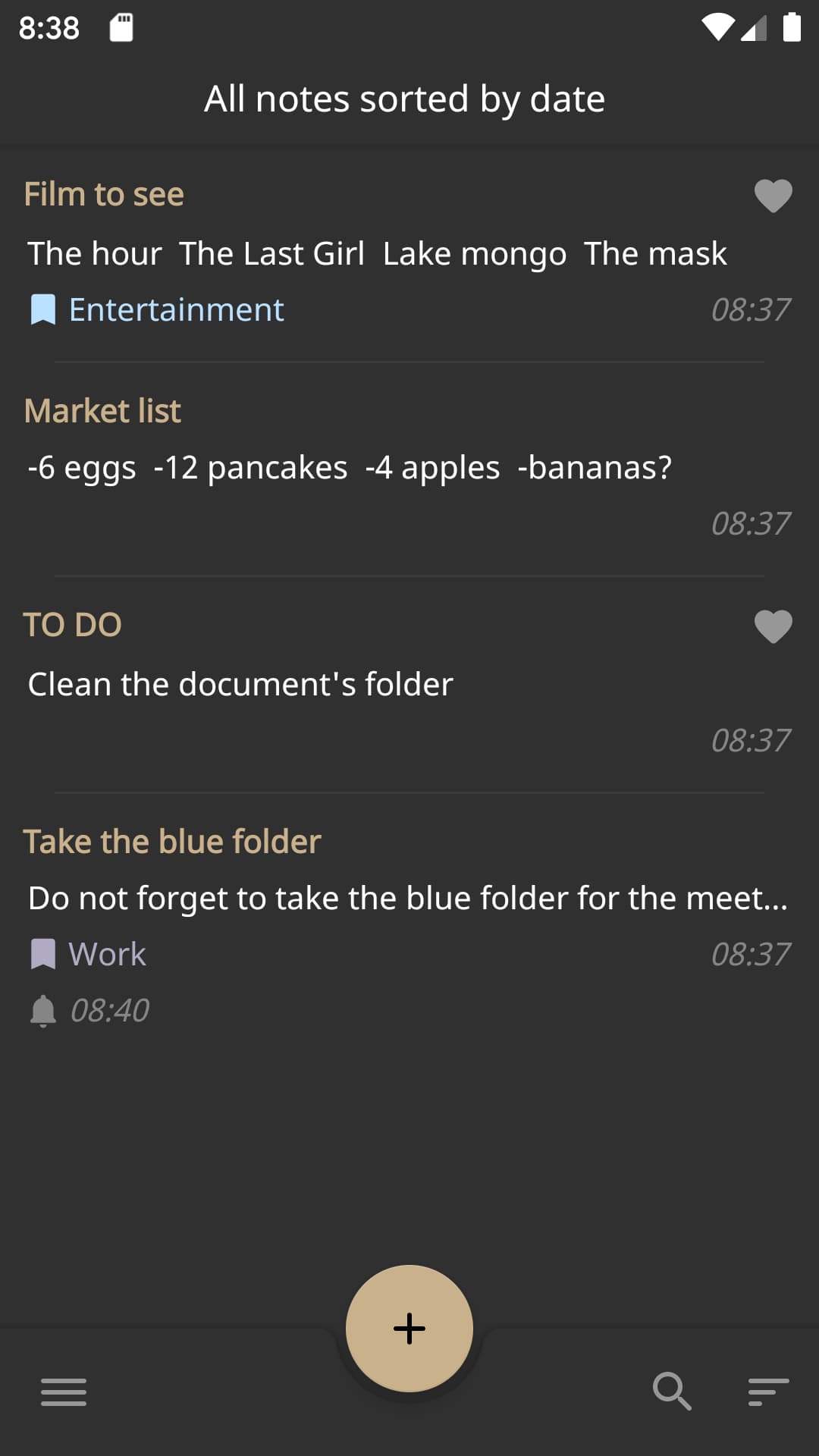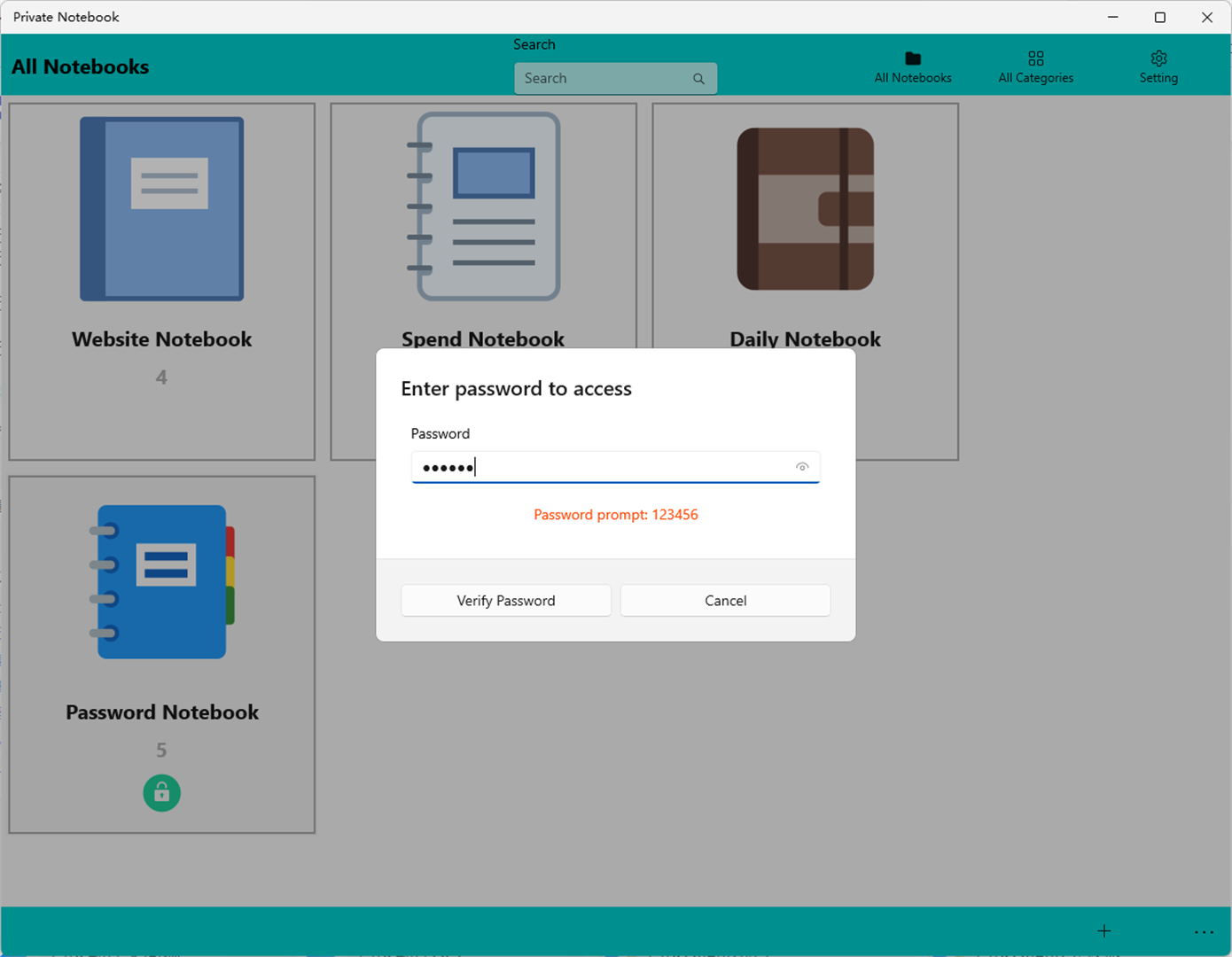
Premium Photo | On a gray and blue background are stationery of yellow-green color, a notebook with the text private school. flat lay.

Premium Photo | Declutter your life on the cover of notebook eye glasses and pen concept meaning free less chaos fresh clean routine career and private business concept
Black Notebook Gift for you Probably the most popular authentic figures,Black Notebook Pakistan [ https://theblack.pk/products/black- notebook-with-pen ] including Leonardo da Vinci and Marie Curie, kept up with the propensity for Notebook all throug -

Private Notebook: Private Notebook | Write your secrets down and your amazing ideas.: Hub, Happy writers: 9781674131986: Amazon.com: Books





















